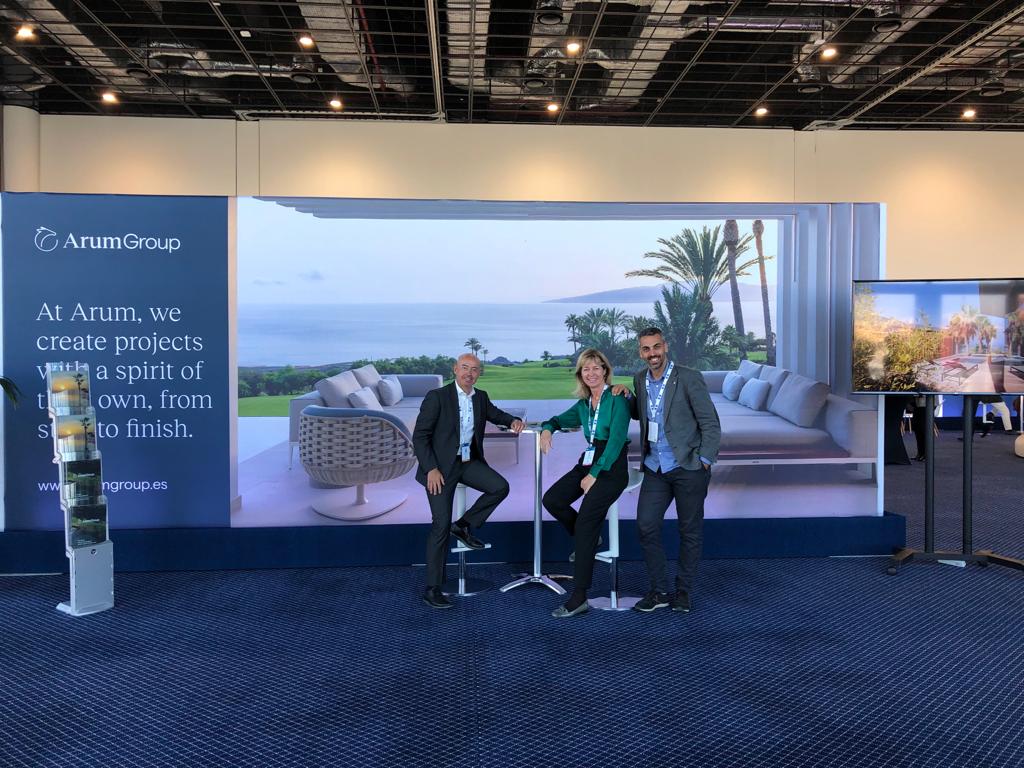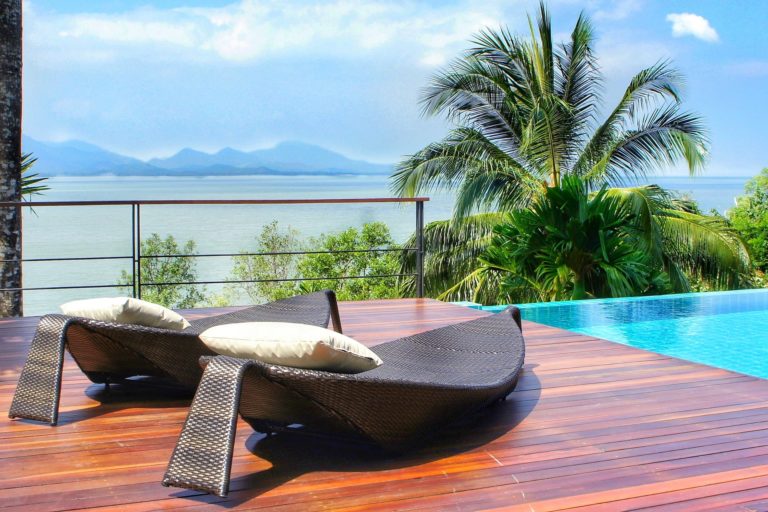
The profound transformation that the tourism and real estate industries have undergone in recent years intensified with the outbreak of the pandemic in 2020. Sales digitization processes accelerated in parallel with a need to completely redraft strategies for attracting and retaining customers in hotels and resorts. The Resort and Residential Hospitality Forum (R&R), one of the most important international tourism conventions in Europe, took these changes as its point of departure this year, under the motto “Leisure marks the return”. The market has begun to reactivate, thanks to tourists anxious to travel and investors seeking second homes with features, services, and amenities that represent a shift in their priorities.
R&R, held from October 25th to 27th in Algarve, Portugal, featured directors of some of the most prestigious brands in the sector, as well as investment decisionmakers working in hospitality, tourism and infrastructure. A specialist in the development and management of large-scale tourism and resort destinations, Arum Group was invited to share its experiences in the luxury resort and branded residences sectors.
Arum Group’s Director of Marketing and Communications, Elodie Casola, participated in a roundtable on “Marketing of tourist complexes: best practices and innovative tools” to talk about the marketing – and particularly digital marketing – strategies used recently to promote exclusive resorts like Abama in Tenerife, Spain. The development of new video-based communication channels for potential clients, the importance of marketing and sales software, and the use of social networks for branding were some of the key concepts in her presentation.
Jesús Abellán Gómez, Arum’s CEO, was a member of the panel “Residential market: a new home away from home,” which addressed the increasing importance of real estate products and concepts like second homes, branded residences, shared accommodation and extended stays.
The latter talk tapped into a theme that ran through most of the presentations and networking talks: resorts – particularly high-end ones – have emerged from the pandemic stronger than ever because the market has grown for their services. The unique features of resorts – security, services, control, quality, wellness, leisure facilities, and space – are precisely what the post-pandemic client is seeking. Many more people are now leaning towards real estate investment that can function as a holiday escape, allows for teleworking or season-long stays, and can even provide rental income.
The fact that investors are now hungry to get involved in these projects is another recent revelation. Resorts have traditionally been considered too complex, with too long a timeline for return on investment, to be worth the risk. But in a world in which hotel industry recovery continues to look less than stellar in the short-term, resorts now hold a new attraction.
Private equity investors have been the first groups to the table, with the creation of investment funds for different resort products. And institutional investors, now finally realizing that they are missing out on opportunities, are beginning to explore projects as well. In general, and particularly in Spain, greenfield development of resorts remains expensive and complex, but interest is fast developing in the refurbishment of existing resorts that are not maximizing their potential. Investments can include upgrades of existing facilities, or the introduction of products related to F&B or Wellness that require a response to modern-day demands.
Another product that is a rising star is branded residences located within resorts. In Portugal, many resorts already have residences on offer with marquee brands attached, and these are meeting with success in the market. In Spain, this has traditionally been eschewed as, again, too complex a product for investors, but attitudes are beginning to broaden. With partners that know how to navigate the complexities of Spanish regional laws and the matrix of structural setups, branded residences are proving extremely lucrative in the real estate industry as demand continues to grow.



